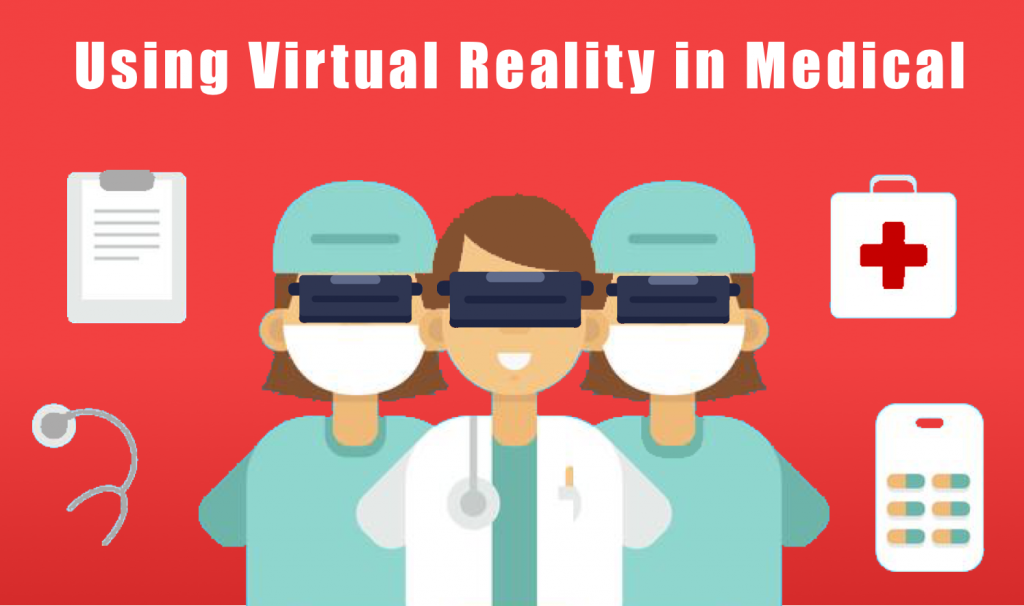
In this day & age of technology, there is an ample amount of reasons that digital simulation is a much more suitable method of training in our workplace. First of all, digital simulation is the act of running a simulation or a simulated situation. Through the aid of a computer, tablet or even mobile phone.
Digital simulations are a computer driven recreation that uses a multiple combination of elements. Such as sound, sight, and motion to allow learners to feel that they are experiencing a real situation. When used for training, how accurately a simulations can recreate actual situations plays a role in determining the effectiveness of the training. In a business setting, simulations most often occur in a controlled, virtual environment, and focus on step-by-step learning.
“If you’re only listening, you’re only activating one part of the brain, but if you’re drawing and explaining to a peer, then you’re making connections in the brain.”
(Judy Dodge, author of 25 Quick Formative Assessments for a Differentiated Classroom)
Simulation training has multiple usages in the workplace. In accounting for example, it may break the accounting cycle into a series of modules that allow a learner to go through the accounting. Whereas, an investment simulation training would provide situation for learner to invest in different opportunity or equipment. In which the choices will make significant impact on their yield of investment. While a HR simulation could allow potential employee to experience working for the company first hand.
Instant feedback that can be provided by running a simulation training is what make it highly effective. Where the closer the feedback occurs to the completion of a simulation training, the higher the degree of information and learning transfer.
“The more parts of your brain you use, the more likely you are to retain information,”
(Judy Dodge)
The reasons simulation training work is that, learner can apply what they learnt and know in that very situation. Not to mention, they can see the possible outcome immediately. When in such situation where failure is tolerated, it allows the learner to try and experiment with different solutions.
The main reason of the effectiveness of simulation training is the fun factor it provides. These simulations give the learner a sense that they are actually playing a game, instead of a study session. Which in turn, this would results in more engagement, interest, and better understanding on the learning subject.
With all that information in mind, Gameka is a software & technology solution company. If you have any idea for gamification, app development, or just in need of consultation, feel free to contact us at Gameka or email us at welcome@gameka.my




About The Author: Ricco
A detailed oriented Bachelor of Management student. Good in research, Information Gathering, and Information Cross Check.
More posts by Ricco